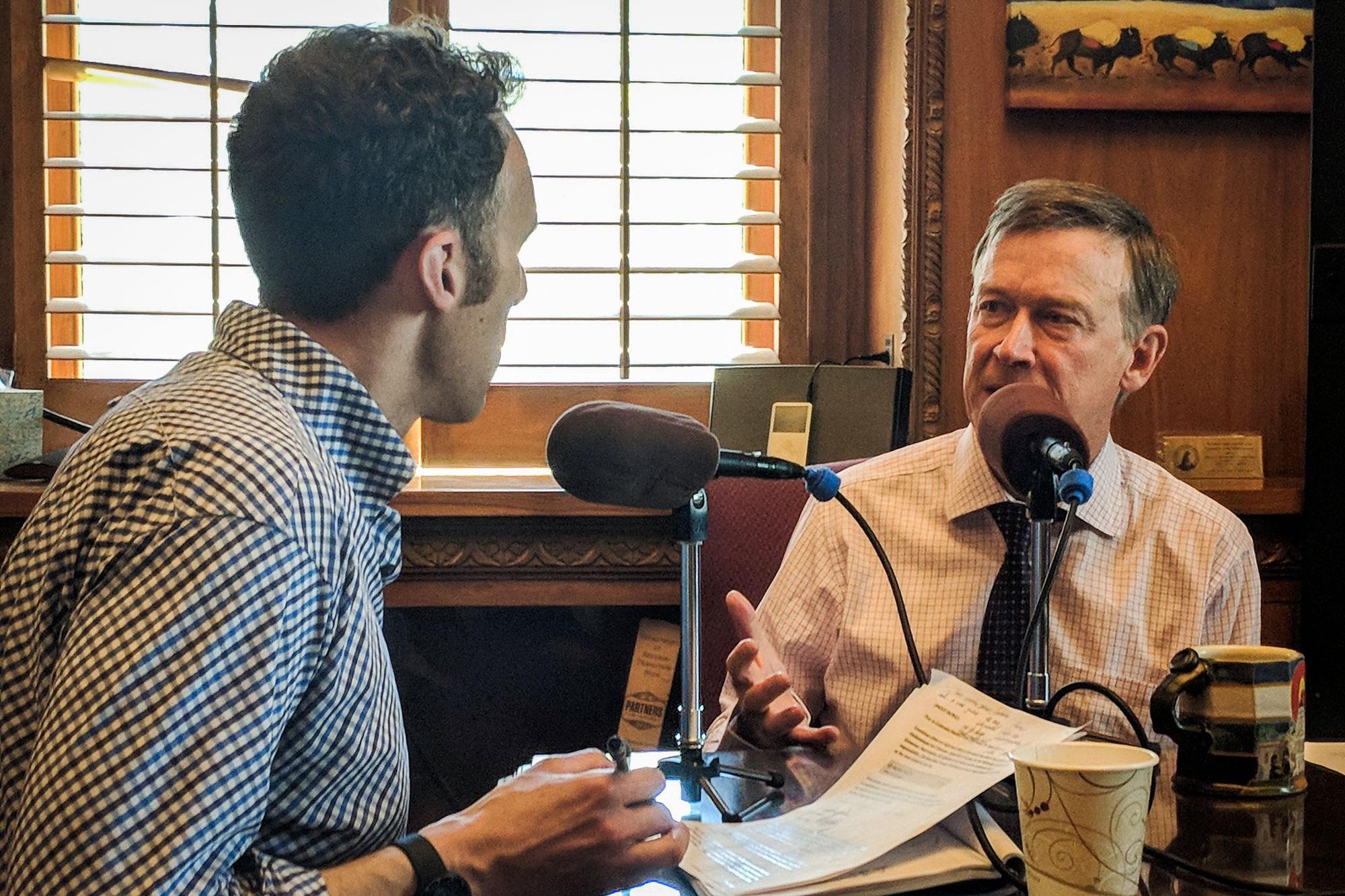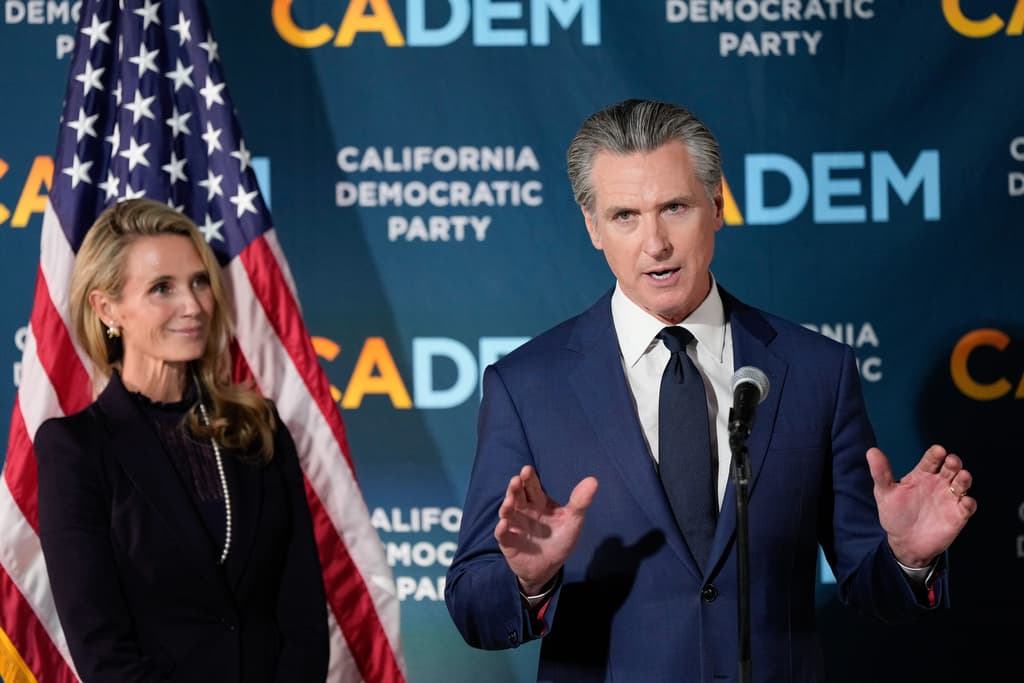

Two more marijuana bills made it through the state legislature only to die on Gov. John Hickenlooper's desk.
The governor vetoed HB-1263 Tuesday. The measure would have added autism spectrum disorders to the list of conditions qualified for medical marijuana treatment. Gov. Hickenlooper cited concerns about the effects of marijuana use on developing brains and the lack of medical research in his veto letter.
"We were particularly touched by the families with whom we spoke. Their passion and eloquence in advocating for their children, and desire to seek out other treatment options for their children, was very moving, " Gov. Hickenlooper wrote. "For this reason, we do not issue this veto lightly."
Democratic state Sen. Stephen Fenberg was one of the sponsors of that bill. He’s disappointed by the veto, especially because the governor was involved in the process of crafting it.
Fenberg was also a sponsor of the “tasting rooms” bill, which would have allowed marijuana businesses to open up spaces for public marijuana consumption. Gov. Hickenlooper vetoed that bill Monday.
“These both were bills that actually had a long legislative passage. These weren’t introduced and hastily passed. And there were definitely conversations with not just the governor’s office, but also with industry and with critics of the bills and the policies,” he said.
Fenberg said that while he is unhappy with the vetoes, he’s isn't surprised.
“I think this is relatively consistent. [Hickenlooper] has sort of reluctantly accepted the will of the voters,” Fenberg said. “I think he has legitimate concerns. I don’t think he’s doing it for any disingenuous reason.”
Gov. Hickenlooper did sign an executive order in lieu of the bill. The order directs the Colorado Department of Public Health and the Board of Health to study the use of medical marijuana to treat autism spectrum disorders. Their research will conclude in 18 months and, depending on the findings, open the door for new legislative action.
The governor also vetoed HB-1011 on Tuesday. The bill would've allowed publicly traded corporations to invest in the marijuana industry. In his veto letter, he objected to the uncertainty raised by the involvement of out-of-state and national businesses when marijuana is still illegal federally.









